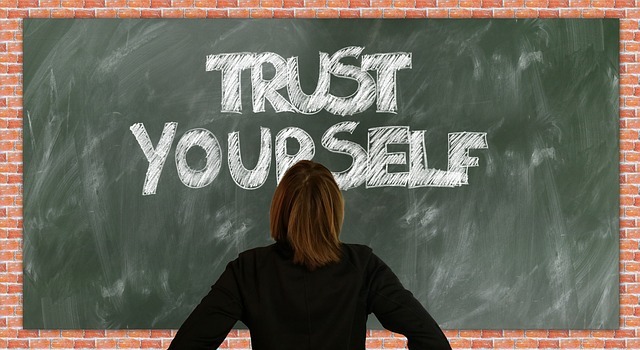#HighlySensitivePeople#Introverts: Life Is Speaking to You—But Are You Too Distracted to Hear It?
As highly sensitive people, introverts, or those who struggle with social anxiety, we often feel like we need a roadmap for life—a clear guide on where to go, what to do, and how to navigate a world that can feel overwhelming. But here’s the truth: your best teachers are already all around you. They may not look like teachers in the traditional sense, but life itself is constantly offering you lessons—if you’re open to receiving them. Some of these lessons will come through people: a kind stranger who shares a word of encouragement when you need it most, a co-worker who unknowingly teaches you patience, a neighbor whose resilience inspires you, or even a difficult interaction that forces you to set boundaries. Sometimes, the most…



